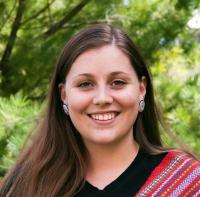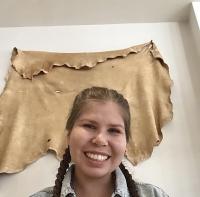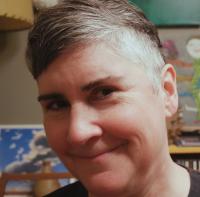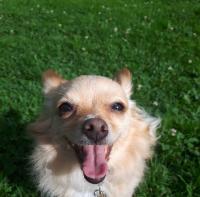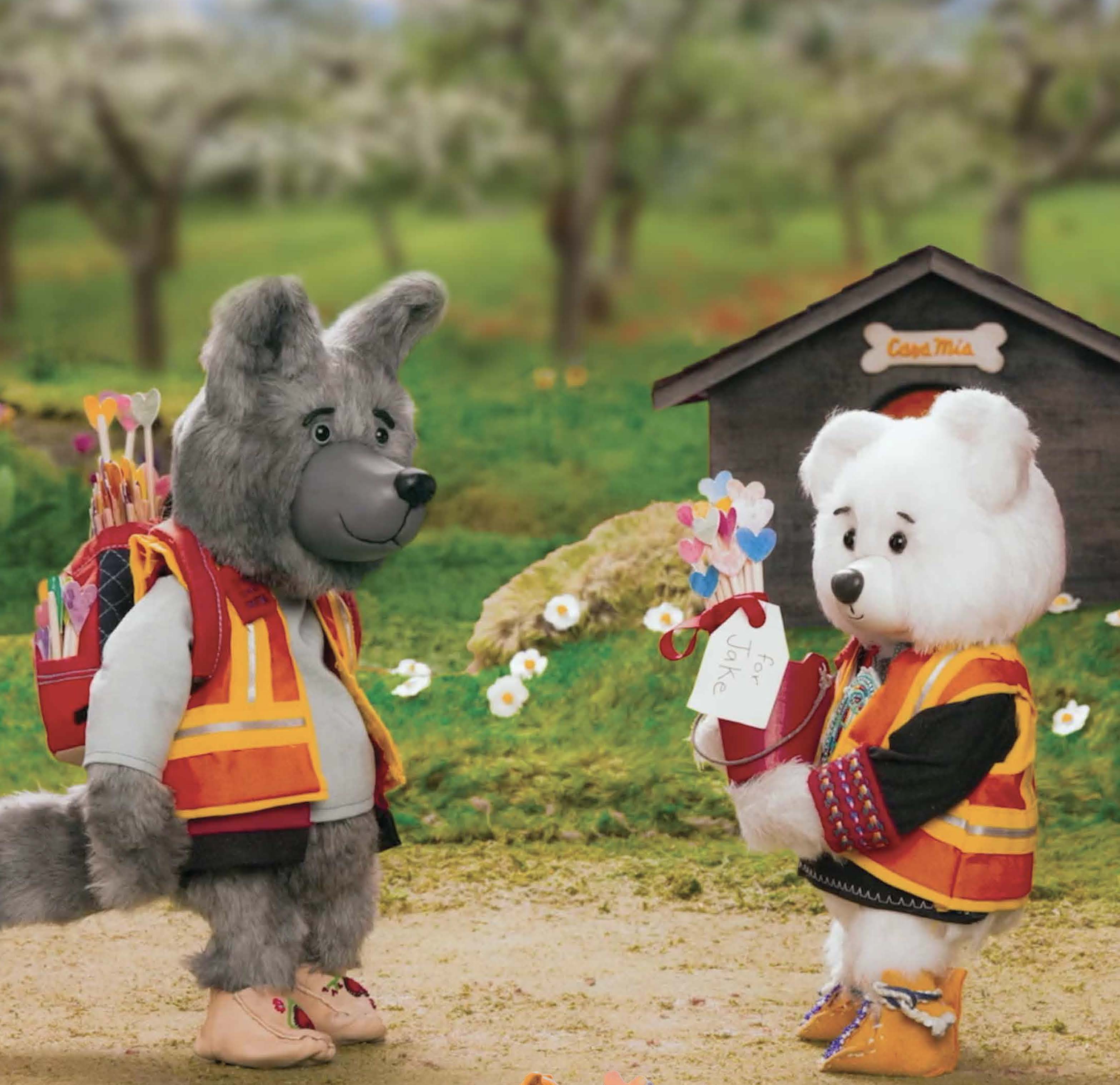Who We Are
Mission Statement
Provide reconciliation-based public education, policy guidance, research, advocacy, and support to promote the safety and wellbeing of First Nations children, young people, families, communities and Nations.
Vision Statement
Supporting First Nations children, young people, families, communities, and Nation so that First Nations children can grow up safely with their families, get a good education, be healthy, and feel proud of who they are.
Core Values
- Love, courage, respect, honesty, transparency, and integrity in our work and relationships.
- Recognizing the sacredness of children and the rights of Indigenous children, youth, and families pursuant to the United Nations Declaration on the Rights of Indigenous Peoples and the United Nations Convention on the Rights of the Child.
- Embracing evidence-informed approaches and measuring progress against outcomes.
- Intergenerational substantive equality and respect for distinct First Nations cultures, languages, contexts, and aspirations.
- Honouring caring peoples and organizations who work respectfully with First Nations children, young people, families, communities, and Nations.
- Ensuring all people, including children, can meaningfully participate in reconciliation.
- Being independent and non-partisan.
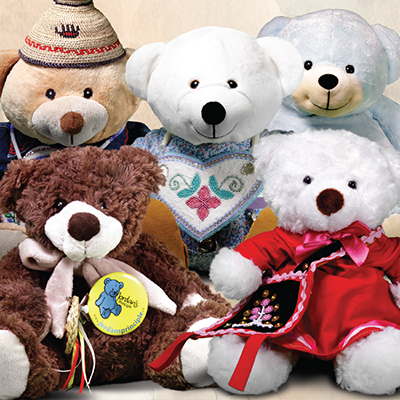
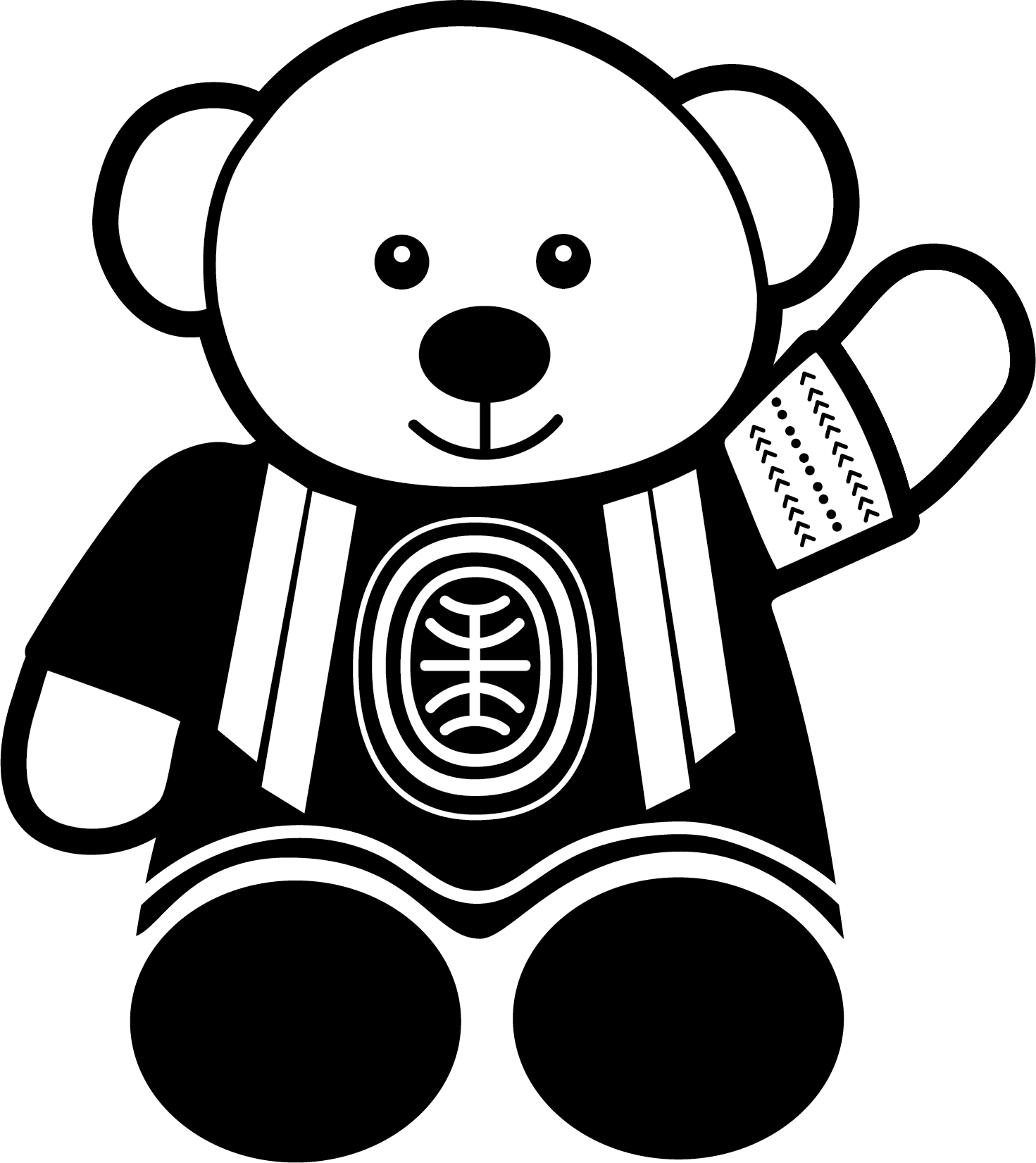
Board of Directors
Raymond Shingoose, President
Yorkton Tribal Council Child and Family Services Inc., Saskatchewan
Kenn Richard, Vice-President
Native Child and Family Services of Toronto, Ontario
Judy Levi, Treasurer of the Board
New Brunswick Representative
André Bear, Board Member
Indigenous Nation Rebuilding, Ontario
Elsie Flette, Board Member
Manitoba Representative
Koren Lightning, Board Member
Kasohkowew Child Wellness Society, Alberta
Kelly Provost, Board Member
Piikani Child & Family Services, Alberta
Jessica Saunders, Board Member
Manitoba Representative
Mary Teegee, Board Member
Carrier Sekani Family Services, British Columbia
Meet our Team
Staff Members
